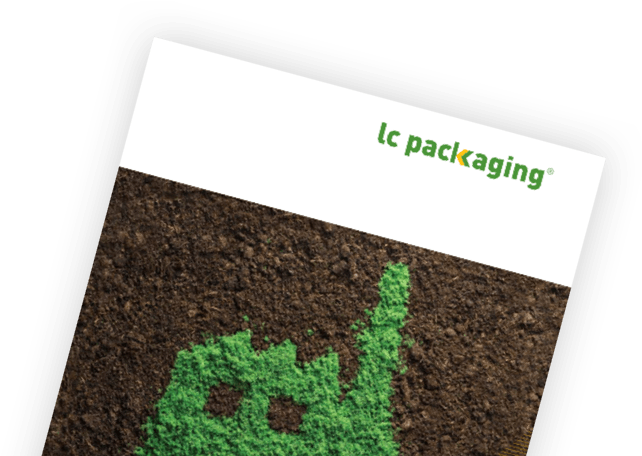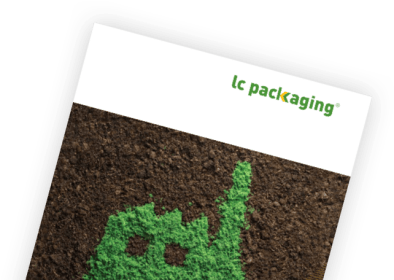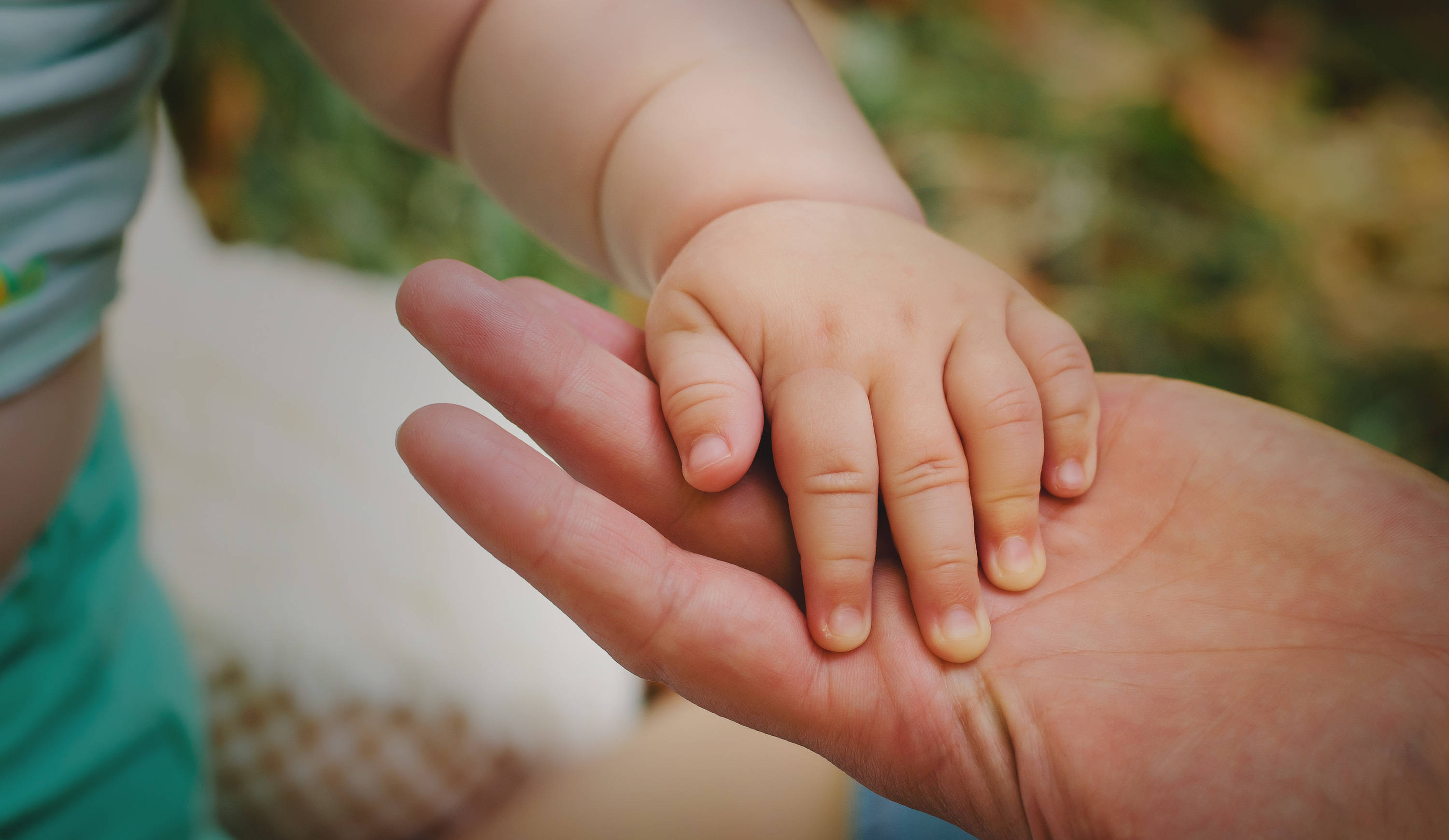




LC Packaging’s most significant impact on the environment, society and economy occurs in our supply chain.



Sustainable production




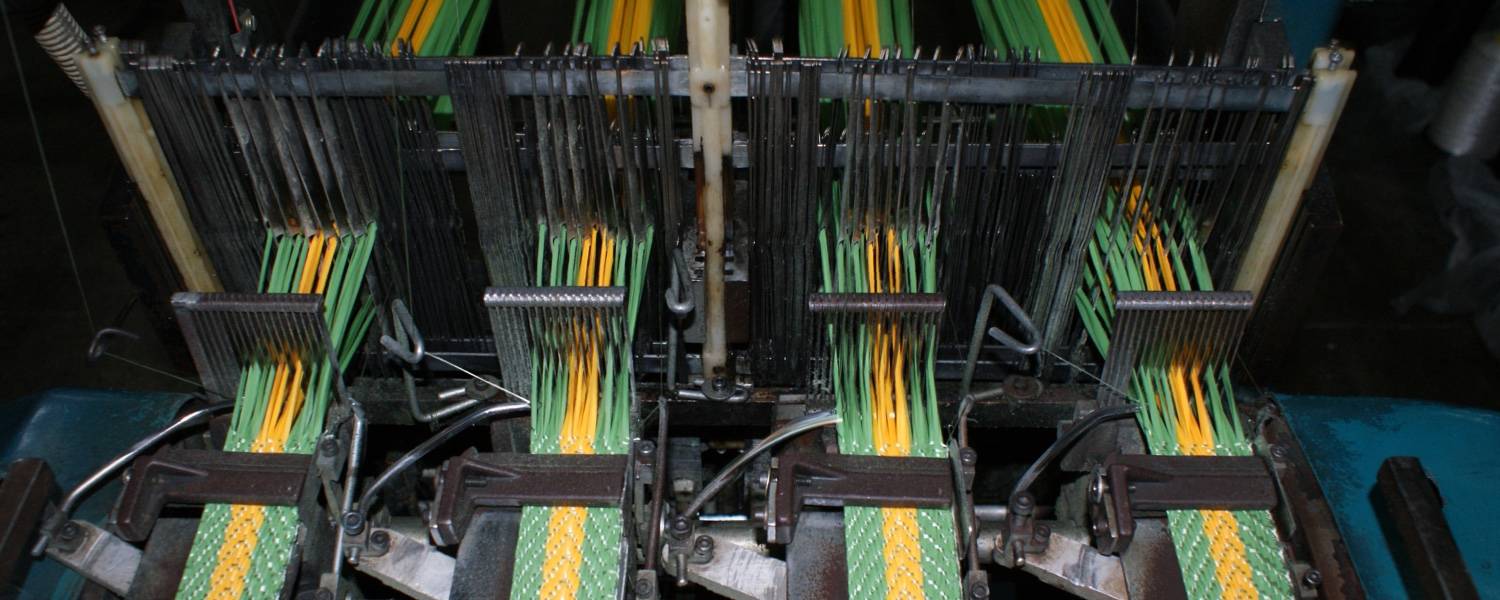

Sustainable production
Supply Chain
To contribute to sustainable development, we are actively improving the efficiency of our packaging production processes. We make sure our production facilities meet or even exceed the sustainability standards of our offices and warehouses. Independent research agency Except Integrated Sustainability conducts environmental footprint research on our production facilities annually to measure our progress, based on water and electricity use, waste production and CO2 emissions. Our goal is to improve our footprint in these four areas. The research is done every year and was also conducted for 2020 (see report chapter for more details).
Back to top


Scroll down
By 2022, we will have undertaken important steps to significantly improve the sustainability of our in-house FIBC manufacturing activities.
Target


purpose of upcycling our process waste. In 2019, we recycled 737 mt of polypropylene, which is 80% of our process waste. GREENBangla is one of the initiatives that has helped us reduce our waste production worldwide by 60% since 2017.
In 2018, we initiated a first-of-its-kind waste recycling project, together with our local Partners in Bangladesh: GREENBangla. Thanks to a state-of-the-art Starlinger Recycling Machine, 20 additional high-quality jobs were created for the
Plastic recycling initiative
standards and 11 years later, we are still SA8000 certified. With DBPL, LC Packaging is an advanced member of the UN Global Compact (see report) and the facility is included in our EcoVadis Platinum Rating and Sedex membership.
More data in our 2019 Environment Report.
LC Packaging officially opened its second Dutch-Bangla Pack Ltd. (DBPL) production facility in 2019. Corporate Social Responsibility (CSR) has been an integral part of DBPL’s operations from day one. When we started our own FIBC production in Bangladesh in 2008, our aim was always to operate according to the SA8000
Second FIBC production facility in Bangladesh
Sustainable production 2019: 103-1, 103-2, 103-3





Sustainable sourcing
Supply Chain
A sustainable supply chain is created by integrating social, ethical and environmental performance factors into the process of supplier selection, production and deliveries to customers. At LC Packaging, we train our employees to understand and make better-informed decisions that lead to more sustainable procurement and consumption.
Back to top


Scroll down
By 2022, 100% of our key production partners will have signed our Supplier Code of Conduct and will act accordingly.
Target


Additionally, an extensive socio-political and geo-location risk assessment is performed annually, based on Amfori, World Risk Index and the Sedex Risk Assessment, to identify high-risk locations in countries where LC Packaging is active, as well as countries where our production partners are active. The risk assessment includes topics such as corruption and bribery and the risk of human rights violations, such as child labour and forced labour. This type of risk assessment allows us to identify suppliers with a potential negative social and environmental impact and take appropriate steps.
Our new and existing production partners are all screened on social and environmental criteria. In 2019, we introduced our new Supplier Selection & Assessment process to help us and our production partners to uphold the highest labour standards and human rights, ethics and environmental efforts. LC Packaging’s 2019 Global Supplier Code of Conduct prescribes values and principles to which we have committed worldwide: non-negotiable standards that we ask our production partners to respect and to adhere to when conducting business. We are proud to announce that 100% of our key suppliers has now signed our Supplier Code of Conduct.
More data in our 2019 Supply Chain Report
GRI 308: 103-1, 103-2, 103-3
GRI 414: 103-1, 103-2, 103-3
Supplier selection
Extensive risk assessment





GRI 102-12
Sustainable partnerships 2019: 103-1, 103-2, 103-3
Sustainable partnerships
Supply Chain
Sustainable partnerships are the key to our success. We have always built long-term relationships with our stakeholders, ensuring stability and profitability for over 97 years. For example, we have partnerships of 25+ years on average with our key production partners, who also play a crucial role in our sustainable initiatives.
Back to top


Scroll down
By 2022, we will have increased and strengthened our sustainable partnerships with our stakeholders and together, contributed significantly to achieving the goals.
Target


We have realised partnerships that help us excel in sustainability, continue sharing our sustainability story, promote the UN Global Development goals and most importantly, stay a leader in sustainability. Together with our Partner Nexio Projects, who supports us embedding sustainability throughout our organisation, we were invited to join a panel discussion during the 2020 EcoVadis Sustain Conference about ‘an SME Perspective on the sustainability journey’. A story we also got to share at the ‘SDGs in Practice’ event in December 2019, organised by FBNed – Association of Family Businesses in The Netherlands. As LC Packaging is identified as a frontrunner in sustainability, we were asked to be host and speaker. Participants rated our case presentation 8.7 out of 10.
Sharing knowledge
We are extremely happy with Partners like Starlinger, with whom we aim to develop a circular packaging solution for big bags (FIBCs) made from polypropylene (PP) and recycled polypropylene (rPP) fabric. A unique programme that involves almost all stages of the FIBC lifecycle, such as manufacturing, usage, recovery, washing and recycling. More information.
A highlight in our pursuit towards sustainable solutions is definitely our strategic partnership
with Veolia, global leader in optimised resource management, aimed at minimising residual waste streams related to flexible packaging on a global scale. More information.
Our Partners in capacity development, such as the FMO and the DEG, help us create high-quality jobs and stimulate economic growth. Furthermore, our production partners are essential in realising and contributing to sustainable consumption, production and innovation.
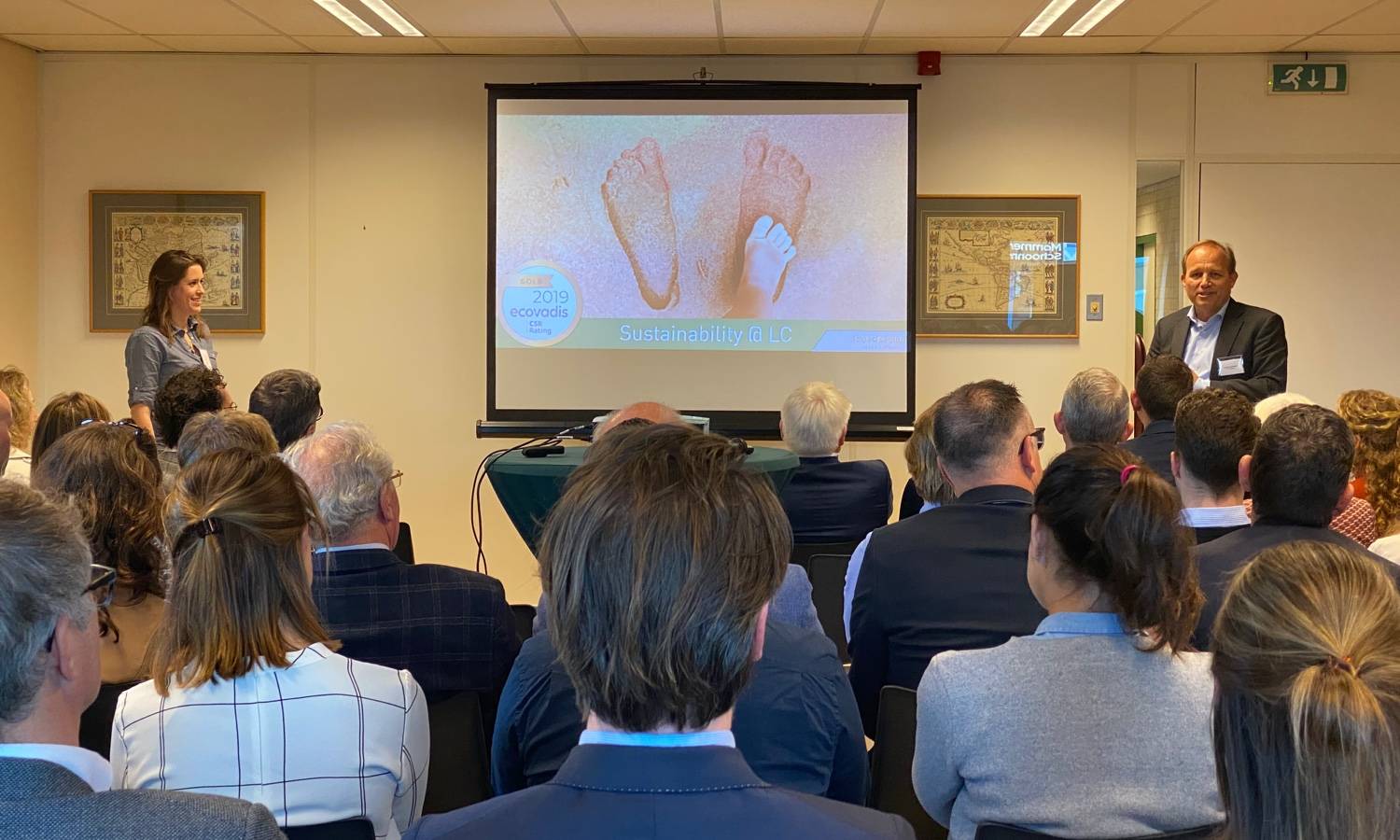


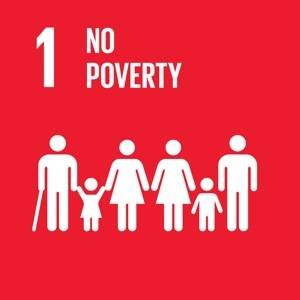
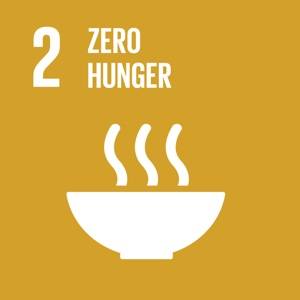
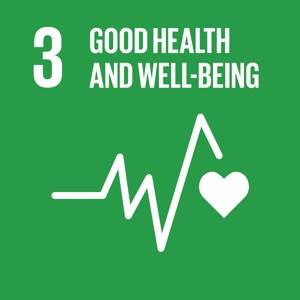
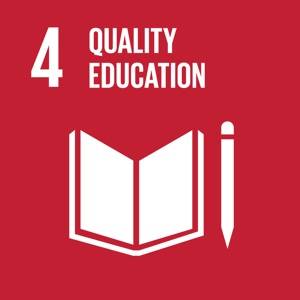
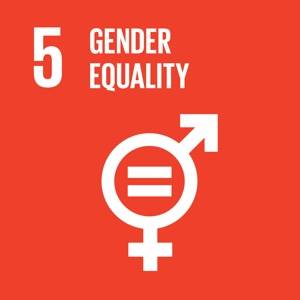
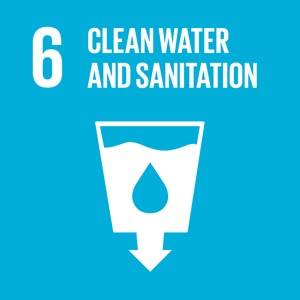
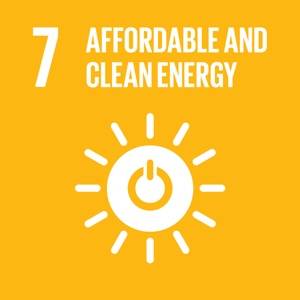
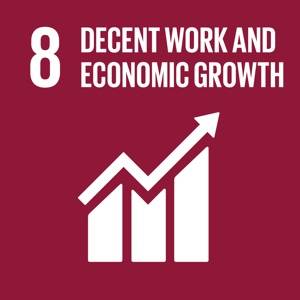
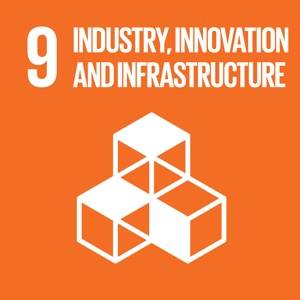
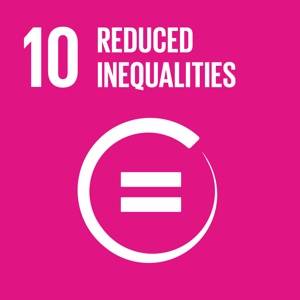
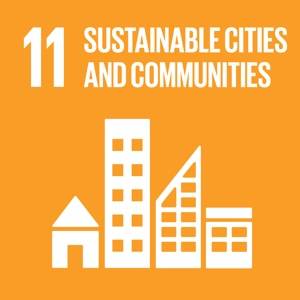
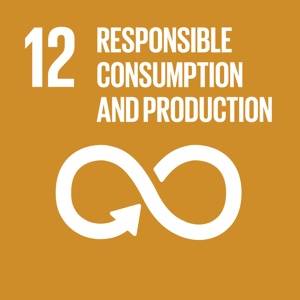
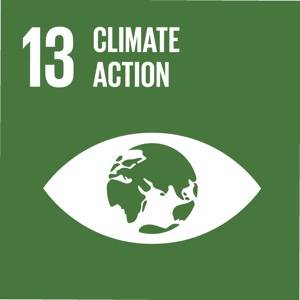
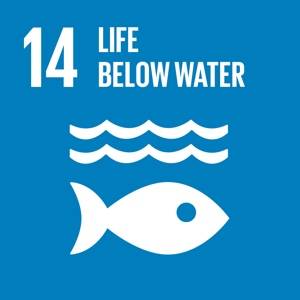

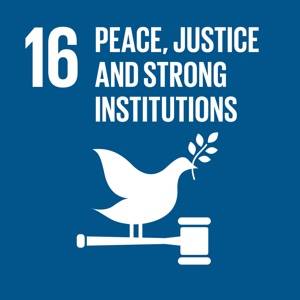
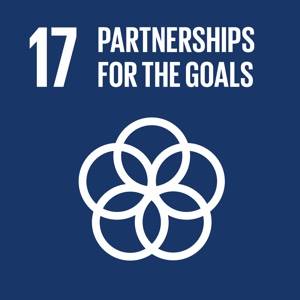
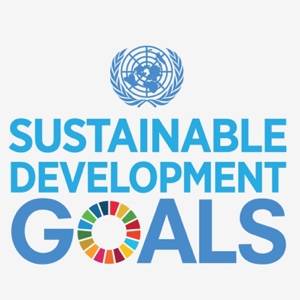




Our contributions
In our daily operations, LC Packaging has a direct impact on Global Sustainable Development Goals (SDGs) 8,9, 12 and 17 as set by the United Nations. However, we are committed and proud to contribute to even more of the SDG's through our actions and initiatives.
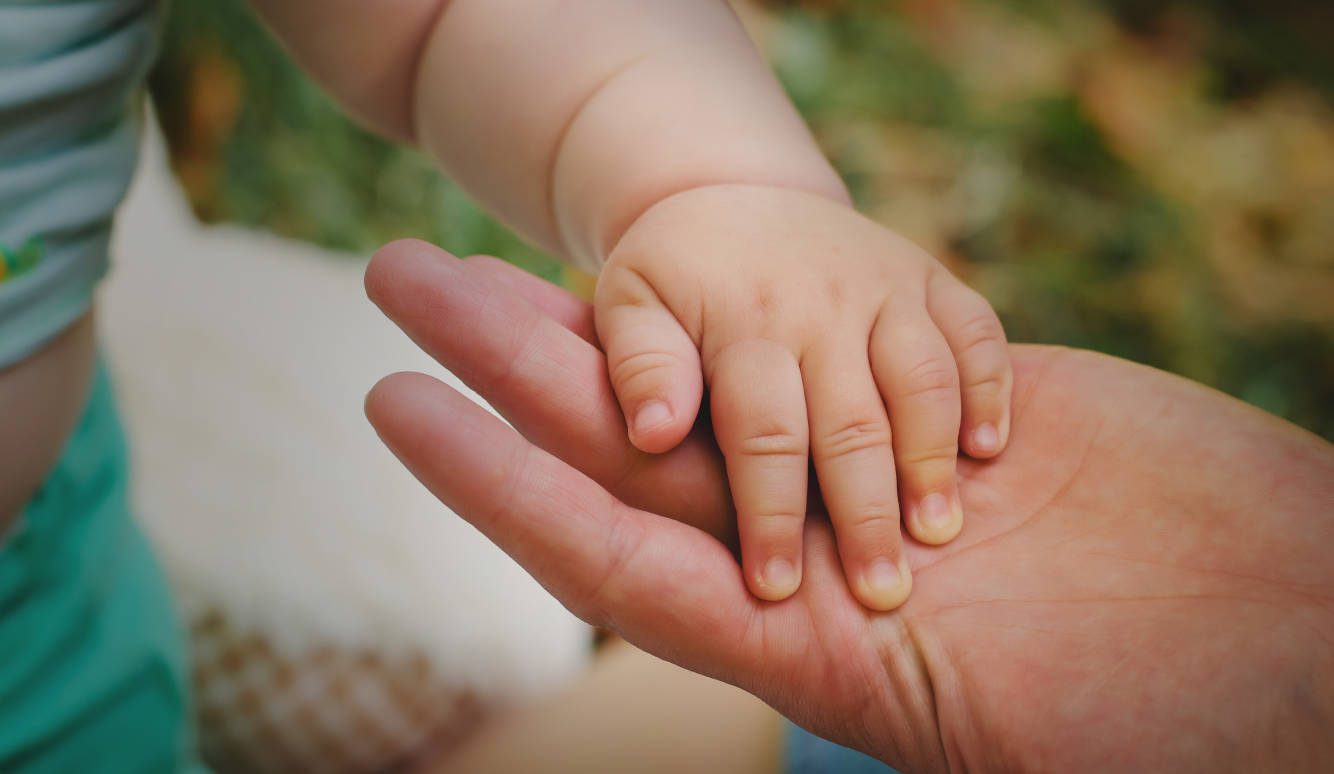




LC Packaging’s most significant impact on the environment, society and economy occurs in our supply chain.

Target
By 2022, we will have undertaken important steps to significantly improve the sustainability of our in-house FIBC manufacturing activities.
Sustainable production
To contribute to sustainable development, we are actively improving the efficiency of our packaging production processes. We make sure our production facilities meet or even exceed the sustainability standards of our offices and warehouses. Independent research agency Except Integrated Sustainability conducts environmental footprint research on our production facilities annually to measure our progress, based on water and electricity use, waste production and CO2 emissions. Our goal is to improve our footprint in these four areas. The research is done every year and was also conducted for 2020 (see report chapter for more details).
Plastic recycling initiative
In 2018, we initiated a first-of-its-kind waste recycling project, together with our local Partners in Bangladesh: GREENBangla. Thanks to a state-of-the-art Starlinger Recycling Machine, 20 additional high-quality jobs were created for the purpose of upcycling our process waste. In 2019, we recycled 737 mt of polypropylene, which is 80% of our process waste. GREENBangla is one of the initiatives that has helped us reduce our waste production worldwide by 60% since 2017.
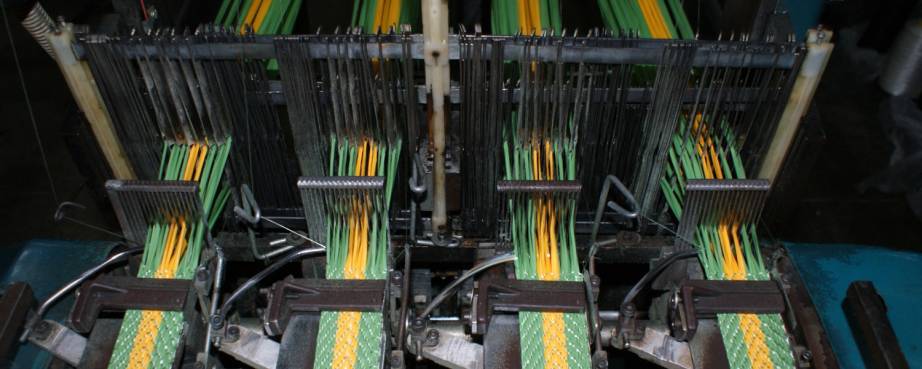
Second FIBC production facility in Bangladesh
LC Packaging officially opened its second Dutch-Bangla Pack Ltd. (DBPL) production facility in 2019. Corporate Social Responsibility (CSR) has been an integral part of DBPL’s operations from day one. When we started our own FIBC production in Bangladesh in 2008, our aim was always to operate according to the SA8000 standards and 11 years later, we are still SA8000 certified. With DBPL, LC Packaging is an advanced member of the UN Global Compact (see report) and the facility is included in our EcoVadis Platinum Rating and Sedex membership.
More data in our 2019 Environment Report.
Sustainable production 2019: 103-1, 103-2, 103-3
Our contributions
In our daily operations, LC Packaging has a direct impact on Global Sustainable Development Goals (SDGs) 8,9, 12 and 17 as set by the United Nations. However, we are committed and proud to contribute to even more of the SDG's through our actions and initiatives.
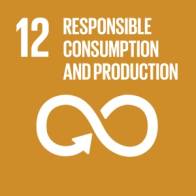
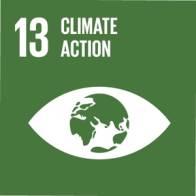
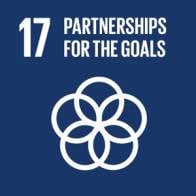

Target
By 2022, 100% of our key production partners will have signed our Supplier Code of Conduct and will act accordingly.
Sustainable sourcing
A sustainable supply chain is created by integrating social, ethical and environmental performance factors into the process of supplier selection, production and deliveries to customers. At LC Packaging, we train our employees to understand and make better-informed decisions that lead to more sustainable procurement and consumption.
Additionally, an extensive socio-political and geo-location risk assessment is performed annually, based on Amfori, World Risk Index and the Sedex Risk Assessment, to identify high-risk locations in countries where LC Packaging is active, as well as countries where our production partners are active. The risk assessment includes topics such as corruption and bribery and the risk of human rights violations, such as child labour and forced labour. This type of risk assessment allows us to identify suppliers with a potential negative social and environmental impact and take appropriate steps.
Our new and existing production partners are all screened on social and environmental criteria. In 2019, we introduced our new Supplier Selection & Assessment process to help us and our production partners to uphold the highest labour standards and human rights, ethics and environmental efforts. LC Packaging’s 2019 Global Supplier Code of Conduct prescribes values and principles to which we have committed worldwide: non-negotiable standards that we ask our production partners to respect and to adhere to when conducting business. We are proud to announce that 100% of our key suppliers has now signed our Supplier Code of Conduct.
More data in our 2019 Supply Chain Report
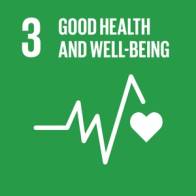




GRI 308: 103-1, 103-2, 103-3
GRI 414: 103-1, 103-2, 103-3
Supplier selection
Extensive risk assessment
Our contributions
In our daily operations, LC Packaging has a direct impact on Global Sustainable Development Goals (SDGs) 8,9, 12 and 17 as set by the United Nations. However, we are committed and proud to contribute to even more of the SDG's through our actions and initiatives.
Sustainable partnerships
By 2022, we will have increased and strengthened our sustainable partnerships with our stakeholders and together, contributed significantly to achieving the goals.
Target

Sustainable partnerships are the key to our success. We have always built long-term relationships with our stakeholders, ensuring stability and profitability for over 97 years. For example, we have partnerships of 25+ years on average with our key production partners, who also play a crucial role in our sustainable initiatives.
We are extremely happy with Partners like Starlinger, with whom we aim to develop a circular packaging solution for big bags (FIBCs) made from polypropylene (PP) and recycled polypropylene (rPP) fabric. A unique programme that involves almost all stages of the FIBC lifecycle, such as manufacturing, usage, recovery, washing and recycling. More information.
A highlight in our pursuit towards sustainable solutions is definitely our strategic partnership with Veolia, global leader in optimised resource management, aimed at minimising residual waste streams related to flexible packaging on a global scale. More information.
Our Partners in capacity development, such as the FMO and the DEG, help us create high-quality jobs and stimulate economic growth. Furthermore, our production partners are essential in realising and contributing to sustainable consumption, production and innovation.
GRI 102-12
Sustainable partnerships 2019: 103-1, 103-2, 103-3
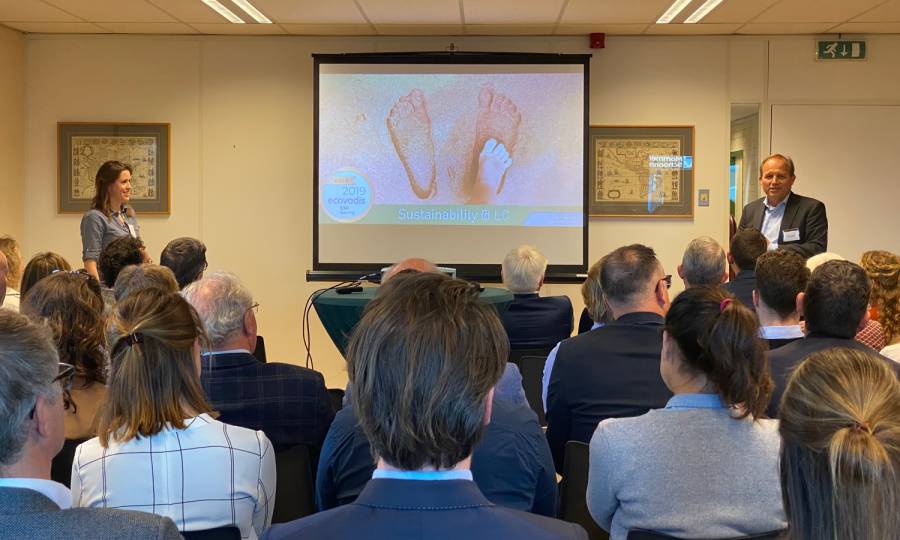
Sharing knowledge
We have realised partnerships that help us excel in sustainability, continue sharing our sustainability story, promote the UN Global Development goals and most importantly, stay a leader in sustainability. Together with our Partner Nexio Projects, who supports us embedding sustainability throughout our organisation, we were invited to join a panel discussion during the 2020 EcoVadis Sustain Conference about ‘an SME Perspective on the sustainability journey’. A story we also got to share at the ‘SDGs in Practice’ event in December 2019, organised by FBNed – Association of Family Businesses in The Netherlands. As LC Packaging is identified as a frontrunner in sustainability, we were asked to be host and speaker. Participants rated our case presentation 8.7 out of 10.
Our contributions
In our daily operations, LC Packaging has a direct impact on Global Sustainable Development Goals (SDGs) 8,9, 12 and 17 as set by the United Nations. However, we are committed and proud to contribute to even more of the SDG's through our actions and initiatives.





